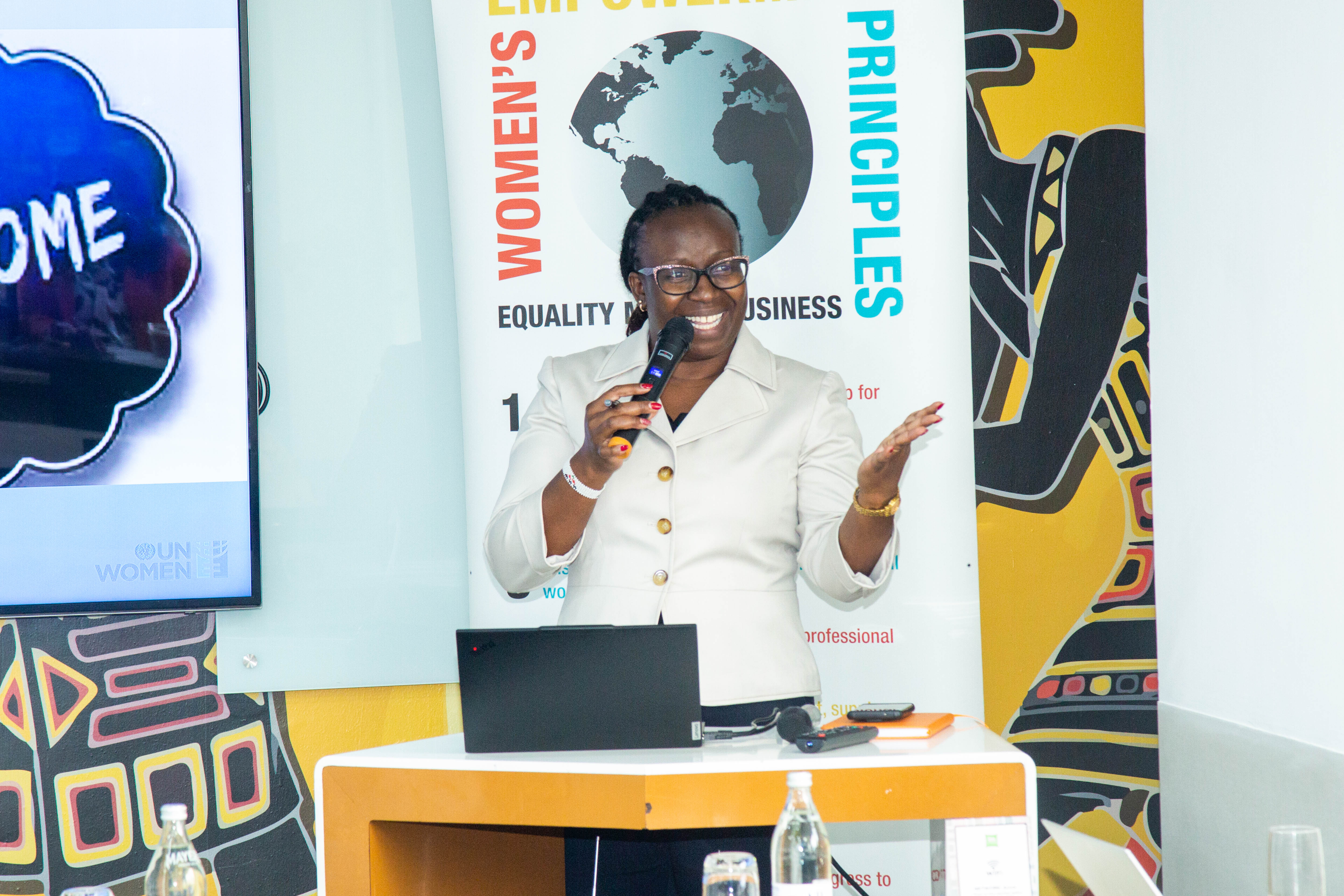

WOMEN-owned businesses are tapping just 18.1 per cent of public contracts in Kenya despite the 30 per cent reservation by government, UN Women has noted, amid calls to take up these opportunities.
The Access to Government Procurement Opportunities (AGPO) platform mandates that a minimum of 30 per cent of government tenders be allocated to businesses owned by women, youth and persons with disabilities.
This
initiative, launched in 2013, aims to economically empower these groups by
providing them with more opportunities to do business with all
government entities including learning institutions.
The low uptake has been blamed on
barriers to women's
participation in supply chain
which include limited access to capital and resources for women-owned
businesses, lack of access to collateral, institutional bias
and socio-cultural norms.
Complex
technical requirements and bidding, registration processes,
limited access to human
capital where most women lag behind men
in terms of business and managerial experience,
have also been cited as barriers.
There is also lack of awareness about
procurement opportunities, especially in rural areas,
limited access to social
capital-limited or no business networks,
unpaid care and domestic
work (women spend about 300-minutes
per day on unpaid care burden),
gender biases in
decision-making and supply chain processes,
resistance to change,
lack of gender expertise, and rigid supplier selection processes.
Youths and persons living with disabilities
are also missing out on the supply chain opportunities due to similar
challenges.
“Women should take up these
opportunities. We are working with Treasury and capacity building to increase
adoption,” said Millicent Okello, Women’s Economic Empowerment Specialist-Gender Responsive Procurement, UN
Women.
She spoke in Nairobi yesterday during
a media sensitisation forum on Gender Responsive Procurement, where she called
on women, youths and persons living with disability to take up opportunities
set aside by government.
According to a policy brief from Strathmore University, the challenges, often categorised as capacity, complexity, cost, communication and corruption (5Cs), prevent women from fully
leveraging public procurement opportunities.
UN Women has partnered with government in a sensitisation drive to
ensure the 30 per cent minimum is achieved, with a possibility of going beyond.
“We do training and capacity building to ensure expansion and growth for
businesses owned by these target group. We call upon them to take up these
opportunities,” said Florence Chemitai, deputy director, state department for
gender and affirmative action.
The number of enterprises registered in the AGPO is slightly above
120,000, pointing to a need for more entities to tap the opportunities.
All
suppliers, contractors and consultants doing business with public
institutions must register on the e-GP) system,
which was opened from July 1, 2025, or risk being excluded from all government
tenders and contracts.
“The system creates transparency, you
are able to see the entire tendering process, creates efficiency and accountability
and reduces timelines,” he said.
Treasury is also keen to have state entities unbundle large-sized tenders to smaller sizes to make them affordable to women, youths and persons living with disability.














